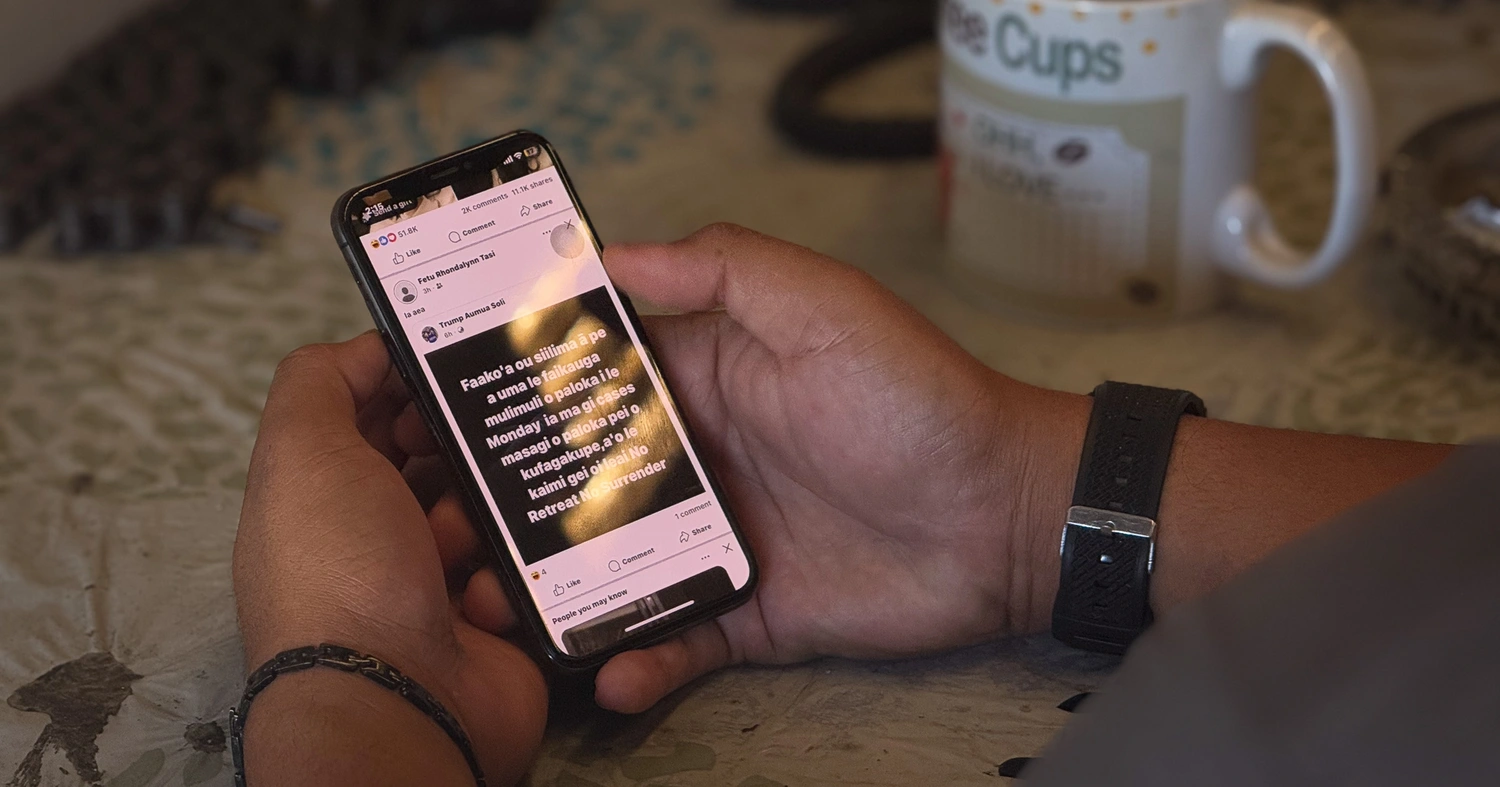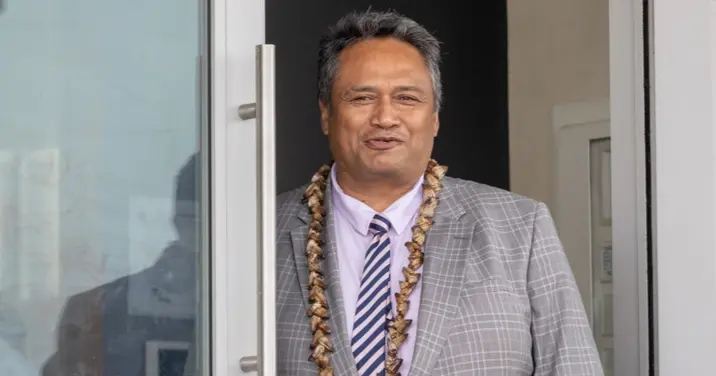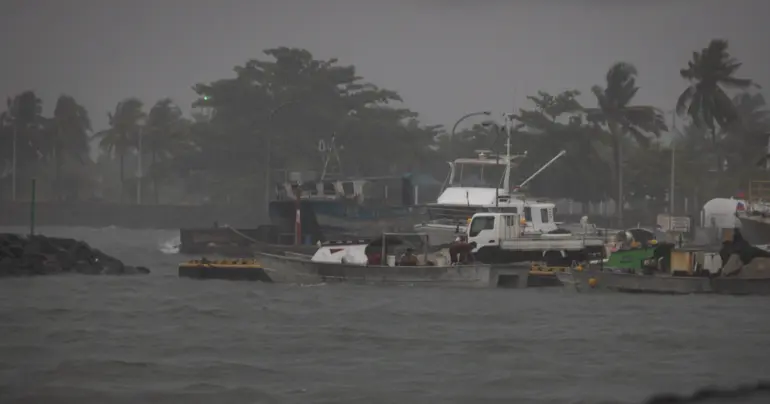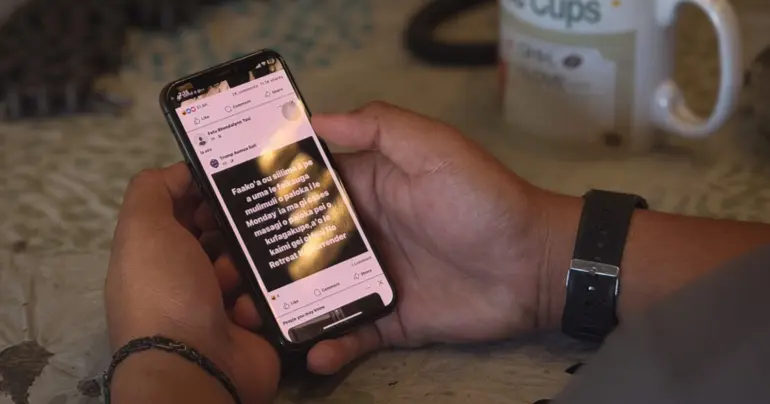The question of jurisdiction in defamation cases
How have comments made in Australia led to a police complaint from New Zealand, which led to the arrest of the two online broadcasters when they were in Samoa?
The charge in this case is harassment using electronic communication. The person who made the complaint to the Samoa Police resides in New Zealand, and it was made against people who reside in Australia. The comments were made in Australia, allegedly defaming the person in New Zealand.
The arrest was made at Faleolo Airport, while the second person in this case voluntarily surrendered. The question of jurisdiction pops up. The first one is the Samoa Police’s power to make arrests for comments made in Australia, and secondly, if people can make complaints about things that did not happen in Samoa.
This matter relates to comments made on an online broadcast forum against a New Zealand-based broadcaster.
It would be understandable if the offence took place in Samoa; however, that is not the case. But Acting Police Commissioner Leiataua Samuelu Afamasaga is adamant that the police have the powers to do so. Samoa police generally cannot arrest someone in Australia for comments made there, as national borders limit police powers. However, according to the explanation by Leiataua, Samoan law can apply if the offensive content is accessible in Samoa, and individuals who make such comments may face arrest if they later travel to Samoa.
Leiataua has said that Samoan courts have ruled that the location where an offence is completed, not where the comments originated, determines jurisdiction. If comments made in Australia are published online and are accessible in Samoa, a Samoan court can claim jurisdiction over the offence.
Under the Crimes Act 2013, specifically Section 117A on false statements causing harm to reputation, and Section 219 on harassment via electronic communication, criminalise certain types of comments, particularly those deemed defamatory or harassing. In short, while Samoan police cannot arrest an individual in Australia, the individual could be charged and arrested upon entering Samoa.
But that leads to the second question about the complainant making a complaint from New Zealand, when the offence did not take place in Samoa. Yes, it can be accessible in Samoa. It would be easier to grasp if the offence took place in Samoa. Why were no reports filed in Australia? This one is easy, because in Australia, defamation is always a civil matter and never a criminal one, unlike in Samoa.
Leiataua cited the 2022 District Court case Police v Tiumalu as precedent. In that case, the defendant, who lived in Australia, was charged after arriving in Samoa for making a false statement causing harm to a person’s reputation. The court ruled that although the material was created and uploaded overseas, the offence was completed in Samoa because the content was accessible locally. In Police v Tiumalu, the complainant Fa’atuatua i le Atua ua Tasi (FAST) Party Secretary Vaaaoao Sula Alofipo was living in Samoa at the time, unlike the Sydney couple's case, where the complainant resides in New Zealand.
In the recent case of Fiu Situta Lomitusi, known online as “Tama o le Ele’ele,” he was arrested in Samoa for alleged online harassment and defamation after a local complaint was lodged. In both circumstances mentioned by Leiataua, the complainants were in Samoa, although the comments were made overseas.
Leiataua is adamant that the police have done the right thing. As this is now a matter before the court, the judges and the legal counsel would definitely present their views on this subject, and the court would perhaps determine how jurisdiction in such matters works.











